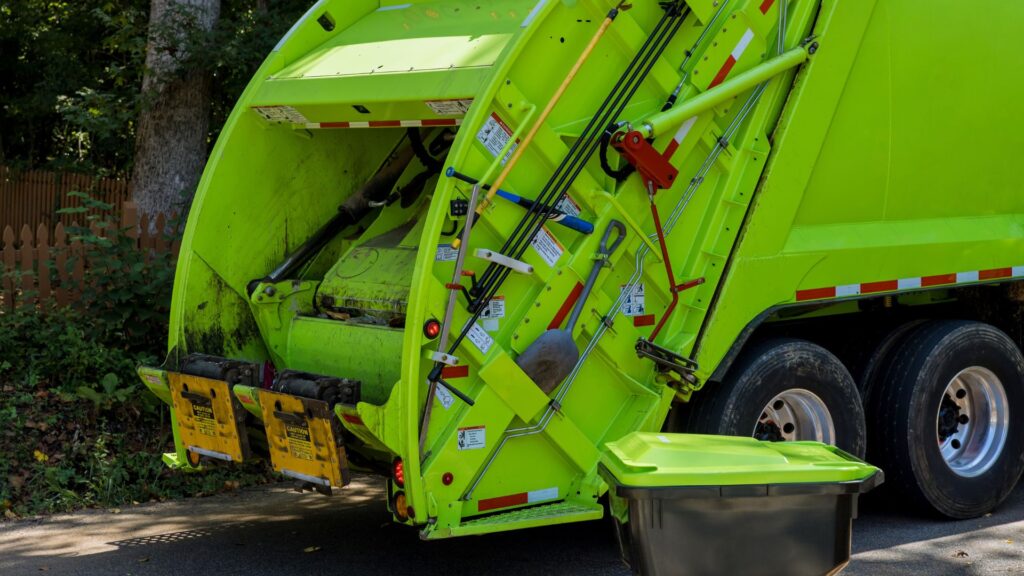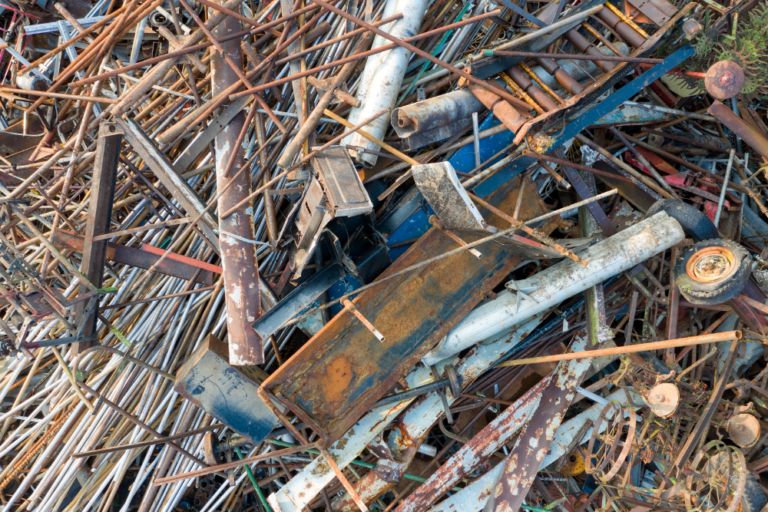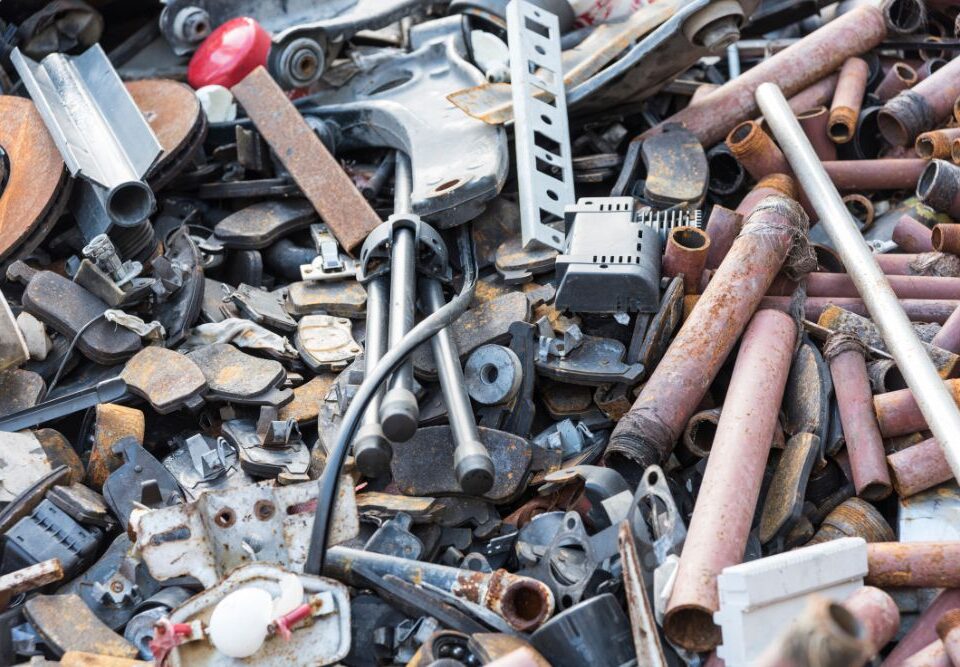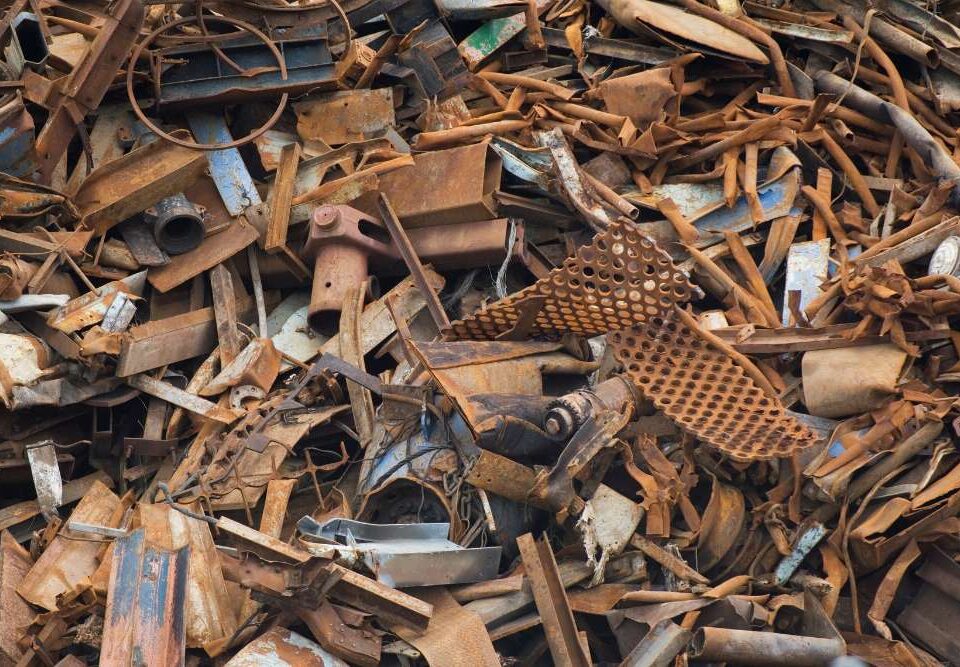
The Importance of Professional Scrap Metal Removal Services
September 17, 2025
The Role of Donation Pickup Services in Reducing Waste
September 18, 2025Why Recycling Is the Most Responsible Option for Junk Disposal
Disposing of unwanted items often feels like a simple task—put them on the curb, send them to the dump, and move on. Yet what seems convenient in the moment has long-lasting consequences for both the environment and the community. Recycling changes this narrative by transforming waste into valuable resources, significantly reducing landfill overflow and cutting down harmful emissions. It encourages sustainable living while making responsible use of materials that still hold potential. By choosing recycling over traditional junk disposal, individuals and communities invest in cleaner surroundings, stronger economies, and healthier futures.
Recycling helps reduce the burden on overflowing landfills
Landfills are reaching capacity faster than ever, and this problem grows each time junk is discarded without consideration for recycling. Much of what people throw away can be reused, but without proper sorting, it simply adds to mountains of waste. Recycling offers a solution by redirecting materials like glass, metal, and paper back into productive use instead of letting them sit for decades in a landfill.
This process eases pressure on waste facilities and keeps communities cleaner. Less reliance on landfills means fewer harmful gases like methane seeping into the air and less contaminated runoff polluting local soil and water. Communities that embrace recycling benefit from cleaner landscapes and healthier living conditions. Instead of piling up waste, they create a cycle where resources are consistently reused. Junk removal services that prioritize recycling help bridge this gap, ensuring that valuable materials are not lost but reintegrated into everyday life.
Recycling conserves natural resources that would otherwise be depleted
The extraction of raw materials such as metals, timber, and fossil fuels comes at a high environmental cost. Recycling reduces the demand for these finite resources by repurposing items that already exist. An old aluminum can, for example, can be melted down and reused indefinitely without losing quality. Each time recycling is prioritized over disposal, fewer raw materials need to be harvested, which safeguards forests, oceans, and wildlife habitats.
Communities benefit when natural landscapes remain intact. Healthy ecosystems provide clean air, fertile soil, and fresh water, all of which are threatened by unchecked resource extraction. Recycling keeps these systems in balance by ensuring that new production doesn’t come at the expense of environmental health. By practicing responsible junk disposal through recycling, individuals not only protect the planet but also preserve resources for generations to come. This simple choice prevents depletion while promoting sustainability as a daily habit.
Recycling reduces harmful emissions and combats climate change
Producing goods from raw materials requires significant energy and contributes heavily to greenhouse gas emissions. Recycling dramatically lowers these emissions by reusing materials that have already gone through initial processing. For instance, recycling aluminum saves nearly 95 percent of the energy required to produce it from raw bauxite ore. This massive reduction in energy use helps communities lower their collective carbon footprint.
Less energy consumption translates to fewer fossil fuels being burned, directly cutting down on greenhouse gases that accelerate climate change. By choosing recycling over junk disposal, people help create cleaner air and more stable weather patterns. These benefits stretch beyond individual households, impacting entire regions. Recycling turns an ordinary act of discarding junk into a proactive measure against climate change, making it one of the simplest yet most powerful ways to contribute to a healthier planet.

Recycling protects public health by managing hazardous materials
Many everyday items contain toxic substances that can cause harm if not handled properly. Electronics, for example, hold lead, mercury, and other hazardous chemicals that can seep into soil and water if dumped in landfills. Recycling these items through specialized junk removal services prevents these toxins from contaminating the environment and reaching human communities.
The health risks tied to improper disposal are significant. Exposure to hazardous materials can lead to respiratory illnesses, neurological issues, and even long-term chronic diseases. Recycling provides a safeguard against these threats by ensuring toxic components are carefully processed and neutralized. Communities that emphasize safe recycling practices reduce the risks for their residents while maintaining cleaner surroundings. Recycling is not only about saving resources but also about protecting human health from hidden dangers that careless disposal creates.
Recycling creates jobs and supports local economies
The recycling industry generates employment opportunities at every stage, from collection to processing and manufacturing. Unlike landfill disposal, which simply buries waste, recycling demands skilled workers who can handle sorting, transportation, and repurposing of materials. These jobs stimulate local economies by providing steady income while simultaneously keeping communities cleaner.
Recycling also supports industries that rely on sustainable resources. Businesses that utilize recycled materials often save money compared to sourcing new ones, creating a cycle where efficiency and sustainability overlap. Local economies thrive when businesses grow around responsible practices, and residents benefit from both cleaner environments and new employment options. By supporting recycling initiatives through junk removal services, communities tap into a cycle of growth that benefits everyone. Recycling becomes more than environmental responsibility—it becomes an economic advantage that sustains local progress.
Recycling promotes responsible consumer habits
When people engage in recycling, they become more mindful about what they purchase and discard. Knowing that items have the potential to be repurposed encourages individuals to choose products that are recyclable or reusable. Over time, this mindset reduces waste generation altogether, creating a culture where responsible consumption becomes second nature.
Responsible habits spread quickly within communities. When households make recycling a priority, neighbors, schools, and local businesses often follow suit. This ripple effect fosters a stronger awareness of sustainability and highlights how simple actions add up to significant impact. Junk removal services that emphasize recycling make it easier for residents to act on their values, reinforcing good habits and reducing overall waste. Recycling not only disposes of junk responsibly but also reshapes lifestyles around conscious choices.
Recycling helps preserve green spaces and community beauty
Improper disposal of junk often leads to littering, illegal dumping, and overflowing landfills that mar the natural beauty of communities. Recycling offers an alternative that keeps waste out of public spaces and ensures neighborhoods remain attractive and welcoming. Clean surroundings encourage residents to spend more time outdoors and foster pride in their community’s appearance.
Preserved green spaces provide far more than aesthetic value. They contribute to mental health, recreation, and biodiversity, creating places where both people and wildlife can thrive. Recycling plays an indirect but critical role in protecting these spaces by reducing the need for new landfills and preventing discarded materials from polluting natural areas. Communities that choose recycling over careless disposal demonstrate respect for their environment, ensuring that shared spaces remain sources of joy and connection.
Recycling strengthens community engagement and awareness
Recycling has the power to bring communities together. Events like recycling drives, donation programs, and educational campaigns inspire residents to take part in collective action. These initiatives create awareness and show how recycling directly benefits neighborhoods, from cleaner parks to reduced pollution. People feel empowered when they see their contributions making a visible difference.
Awareness leads to long-term commitment. As recycling becomes a familiar practice, communities build resilience against environmental challenges while fostering unity among neighbors. Working together for a shared goal creates stronger connections, and residents gain a sense of pride in their collective achievements. Junk removal services that prioritize recycling make participation easier, helping communities stay engaged and motivated. Recycling thus becomes not just an individual responsibility but a shared cultural practice that strengthens bonds within neighborhoods.
Recycling encourages innovation in waste management
The demand for recycling drives innovation, pushing industries to find new and efficient ways to repurpose materials. From turning plastic bottles into clothing fibers to transforming scrap metal into construction materials, recycling inspires creativity across industries. This innovation not only improves waste management but also opens doors to more sustainable technologies.
Communities benefit when innovation grows from recycling initiatives. Better waste solutions mean less environmental strain and more efficient use of resources. By supporting recycling through responsible junk removal, communities play a role in shaping these advancements. The focus shifts from simply discarding waste to reimagining its potential. Recycling ensures that progress continues, proving that even discarded materials can spark new opportunities for innovation and growth.
Recycling lays the foundation for a sustainable future
At its core, recycling represents an investment in the future. It ensures that today’s junk does not become tomorrow’s burden, instead transforming waste into resources for new generations. By choosing recycling over disposal, communities build a culture of responsibility that extends far beyond waste management.
A sustainable future requires collective action, and recycling offers one of the simplest ways to achieve it. Every recycled item reduces pollution, conserves resources, and protects ecosystems. Communities that prioritize recycling through junk removal services set an example for others to follow, proving that responsible choices lead to lasting benefits. By embedding recycling into daily practices, societies move closer to a future where sustainability is the norm rather than the exception.
Conclusion
Recycling is the most responsible approach to junk disposal because it protects the environment, safeguards public health, and fuels community growth. Unlike traditional disposal methods, it prevents waste from piling up in landfills, reduces harmful emissions, and gives old materials new life. The ripple effects touch every aspect of community life, from economic vitality to environmental preservation. For those in Santa Rosa, CA, choosing a trusted junk removal provider ensures these benefits are realized. North Bay Junk Removal delivers services that prioritize recycling, helping residents keep their neighborhoods clean while promoting sustainability. To schedule responsible junk removal, contact North Bay Junk Removal at 707-478-6817. Recycling today paves the way for a healthier tomorrow.




